By N Sathiya Moorthy
The escalating fishermen’s dispute between India and Sri Lanka continues to weigh heavily on broader bilateral relations, adding a persistent strain to diplomatic engagements
Amidst the strained bilateral relations between India and Sri Lanka, the fishermen’s dispute, with its human and humanitarian issues, may be more vexatious than the protracted ‘China factor’ and stalled trade discussions. This is also because the ‘human factor’ comprises two elements – one pertaining to overlapping ‘livelihood issues’ of fishermen from the two countries and the other to mid-sea incidents. In context, Indian fishermen often bear the brunt of this, mostly at the hands of the Sri Lanka Navy (SLN), which, despite a 2008 joint statement that restricts the use of open fire, continues to do so.
In the latest such incident, SLN patrol vessels opened fire on an Indian vessel, off Delft Island in Sri Lanka, leading to serious injuries to two Indian fishermen and 13 arrests. India’s Ministry of External Affairs (MEA) lost no time in registering a ‘strong protest’ with the Sri Lankan authorities, both in New Delhi and Colombo. The Sri Lankan side has since claimed that it was ‘accidental fire’ after the Indian fishers snatched the firearm of an SLN sailor who had boarded the fishing vessel and tried to escape with him on board.
Indian fishermen often bear the brunt of this, mostly at the hands of the Sri Lanka Navy (SLN), which, despite a 2008 joint statement that restricts the use of open fire, continues to do so.
Though the number of violent incidents has come down drastically since 2008, also owing to the end of the ethnic war and the elimination of the dreaded ‘Sea Tigers’ wing of the terrorist LTTE, there have been occasional cases still. In 2024, one such incident caused the death of an Indian fisherman from the southern coastal town of Rameswaram in Tamil Nadu when an SLN patrol opened fire on his vessel. In a freak incident, an SLN sailor died after Indian fishers reportedly rammed their trawler on the navy patrol vessel.
Evolving situation
In a rare initiative, after an earlier incident also at the end of January 2025, when SLN arrested 34 Indian fishermen and impounded three vessels, community leaders in the Rameswaram hamlets had come up with an appeal for the state and central governments to consider compensating trawler owners who wanted to retire.
In international rehabilitation parlance, it is called a ‘buy-back’ arrangement. Although it is not known to have been enforced effectively elsewhere, it could be a first step towards the elimination of banned bottom-trawlers with their purse seine nets. A sustainable solution may involve an enthusiastic revival of the heavily-subsidised ‘conversion’ of bottom-trawlers into ‘deep-sea vessels’, introduced jointly by the centre and the state government a decade or so back, after applying correctives based on field studies.
The fishermen from northern Tamil Nadu, meanwhile, told a task force of government officials that the high-speed trawlers of Nagapattinam, Karaikal, and Cuddalore fishers were the culprit in the large-scale death of Olive Ridley turtles, a protected species, during the current breeding season.
This time, the Rameswaram fishers blamed their counterparts from Nagapattinam and Karaikal for using high-speed Chinese motors on their vessels. They argue that these powerful engines are damaging the low-tech boats and fishing gear of Sri Lankan fishermen and have called for their ban. The fishermen from northern Tamil Nadu, meanwhile, told a task force of government officials that the high-speed trawlers of Nagapattinam, Karaikal, and Cuddalore fishers were the culprit in the large-scale death of Olive Ridley turtles, a protected species, during the current breeding season.
There is, thus, some agreement along the Tamil Nadu coast that high-speed trawlers are the culprit. However, from across the Palk Strait, northern Sri Lankan fishers have consistently claimed that (even) traditional bottom-trawlers (of Rameswaram fishers) damaged their small boats and gear and also destroyed habitats and fishing fields of import-intensive shallow-water shrimps.
Enforcement at sea
Central to the SLN’s ‘enforcement’ at sea are two components flowing from the bilateral agreements of 1974 and 1976, delineating the International Maritime Boundary Line (IMBL). Enforcing both elements under the Sri Lankan law on foreign fishing vessels, amended at the instance of a Tamil parliamentarian in 2018, a northern Kilinochchi court in a landmark ruling recently sentenced eight Indian fishers arrested on an earlier occasion to a suspended sentence of 10 years imprisonment and a cumulative fine of LKR 10.4 million – comprising LKR 6 million for ‘poaching’ and LKR 4 million for ‘trespassing’ the mutually agreed upon IMBL.
Such an approach, if continued, could set at naught all (Indian) hopes of an amicable settlement that gave primacy to livelihood issues of fishermen from both countries over the Sri Lankan state’s concerns over sovereignty, territorial integrity and maritime security, enforced by SLN under a permanent mandate and periodic directions. That is to say, even if the fishermen from the two countries arrive at a satisfactory solution on shared livelihood concerns, the security interests of the Sri Lankan state have the potential to derail the implementation of the same.
This does not mean that there are no positives that follow the not-so-infrequent SLN interjection. Even amid the mid-sea incidents in January 2025, for instance, two groups of Tamil Nadu fishermen were freed at the insistence of the central government, acting also on appeals from the Tamil Nadu government.
Meaningful reiteration
The problem is rooted in the induction of Norway-funded bottom-trawlers and purse seine nets along the Indian coast in the sixties to boost India’s precarious foreign exchange reserves of the time. The depletion of fish stocks on the Indian side of the IMBL in the Palk Bay caused alleged violations by local fishers, leading to the current complaints from the Sri Lankan side that their Tamil Nadu brethren are now out, depleting their stocks, too.
The mood of the international community too has changed now with Western academics and governments now preaching ‘sustainable fishing methods’, leading to a ban on ‘destructive methods’ involving bottom-trawlers and purse seine nets. While governments in both India and Sri Lanka, among other nations in the region, have banned both, enforcement is sketchy at best on the Indian side.
The mood of the international community too has changed now with Western academics and governments now preaching ‘sustainable fishing methods’, leading to a ban on ‘destructive methods’ involving bottom-trawlers and purse seine nets.
Ahead of Sri Lankan President Anura Kumara Dissanayake’s maiden state visit to India in December, the nation’s Tamil-speaking fisheries minister, R Chandrasekar, pointed to the destructive nature of bottom-trawling, which he wanted stopped. That was after the sixth meeting of the official-level Joint Working Group (JWG) in October, which highlighted the revival of long-awaited talks between fishermen leaders from the two sides. Talking to Tamil newsmen in Sri Lanka’s North, the minister has since claimed that there was no need for such fishermen-level discussions, and even the official-level talks would be confined to ‘technical matters’.
In November 2024, President Dissanayake met Indian High Commissioner Santosh Jha in Colombo, when ‘both parties stressed the importance of a long-term resolution that respects the needs of fishermen from both countries and promotes cooperation’. This found meaningful reiteration in the Joint Statement issued after delegation-level talks between President Dissanayake and Indian Prime Minister Narendra Modi during the former’s first state visit to New Delhi in December 2024.
Until ahead of the twin elections in Sri Lanka last year, Tamil fishermen of the country, even while reiterating their opposition to bottom-trawlers, favoured talks with their Indian counterparts. However, according to Jaffna media reports, fishermen representatives from the North, meeting Tamil-speaking non-government MPs from the North in Colombo recently, wanted them to work unitedly and also closely with the government, to check against ‘poaching’ by Indian fishers.
Restricted role
Unlike what most believe, the successive governments in Tamil Nadu have restricted their role to the chief minister– it is incumbent M K Stalin now – writing to the EAM, to intercede on behalf of the local fishers, whether it’s to obtain their freedom or to resolve the vexatious long-term issue amicably. Barring an occasional aberration by peripheral groups and leaders, mainline political parties in the state, too, have left it mostly to the Centre, given the complexities involved, more so in the decade-and-a-half since the end of the Sri Lankan ethnic war in 2009.
Until ahead of the twin elections in Sri Lanka last year, Tamil fishermen of the country, even while reiterating their opposition to bottom-trawlers, favoured talks with their Indian counterparts.
In the midst of all this is a distracting element, especially after Prime Minister Modi and EAM S Jaishankar, too, referred to the ‘Kachchatheevu issue’ during last year’s parliamentary poll campaign across the country. Most political parties and leaders in Sri Lanka tended to dismiss it all as a part of poll-time politicking in India, especially as New Delhi had not raised the issue with Colombo. However, subsequent media discourses in India sought to show that New Delhi had successfully ‘tricked’ Colombo by palming off the barren islet for mineral-rich Wadge Bank, then in Sri Lanka’s possession.
All of it continues to vitiate the atmosphere for reviving meaningful dialogues at multiple-levels, between the governments of India and Sri Lanka, between the Centre and the Tamil Nadu government, and between the fishing communities in the two countries. However, a meaningful start could be visualised if and only if the Centre and Tamil Nadu together revisit and revive the likes of deep-sea fishing, as it alone could provide an opening for multiple ‘livelihood options’ for Rameswaram fishers, including a negotiated privilege in Sri Lankan waters.
*The writer is a Chennai-based Policy Analyst and Political Commentator. The article was originally published on Observer Research Foundation.
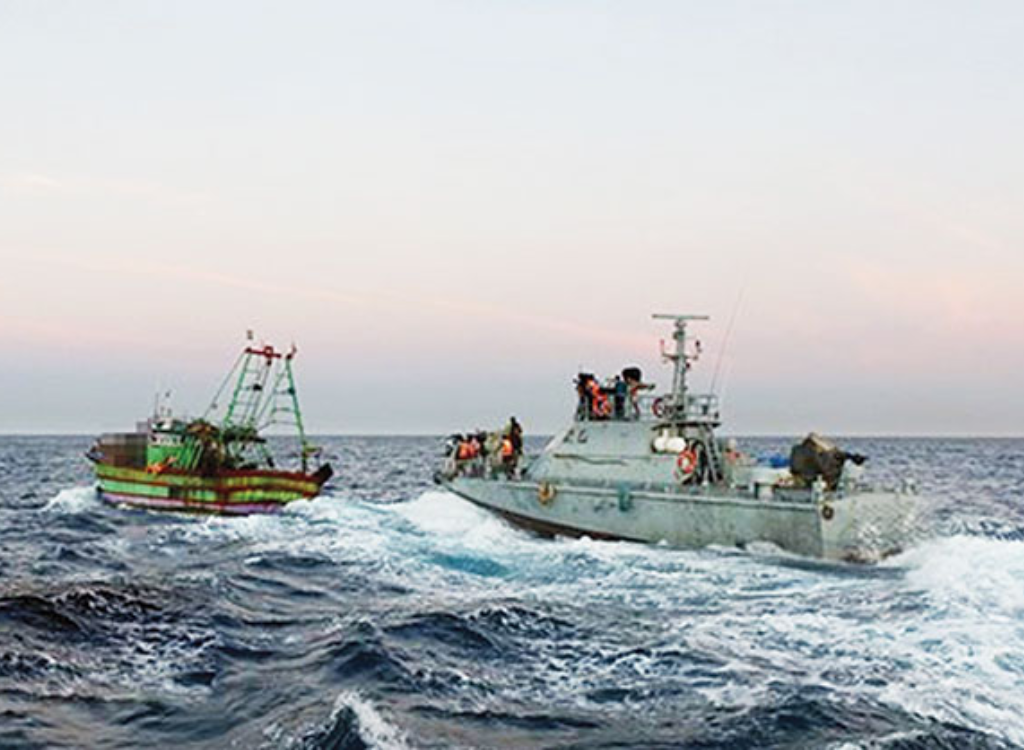
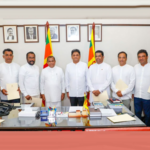

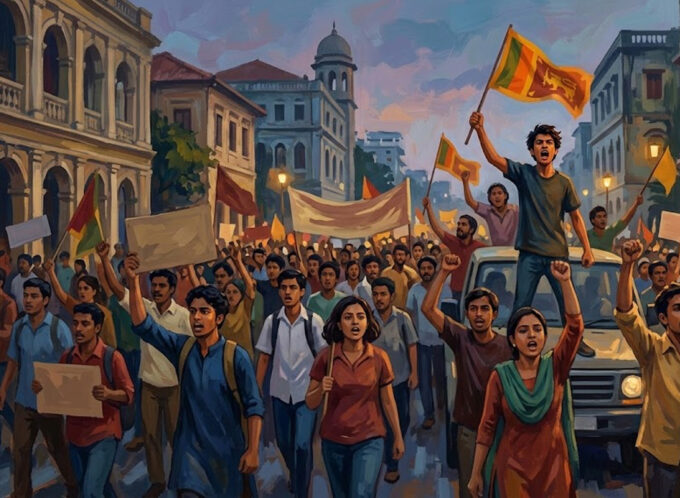
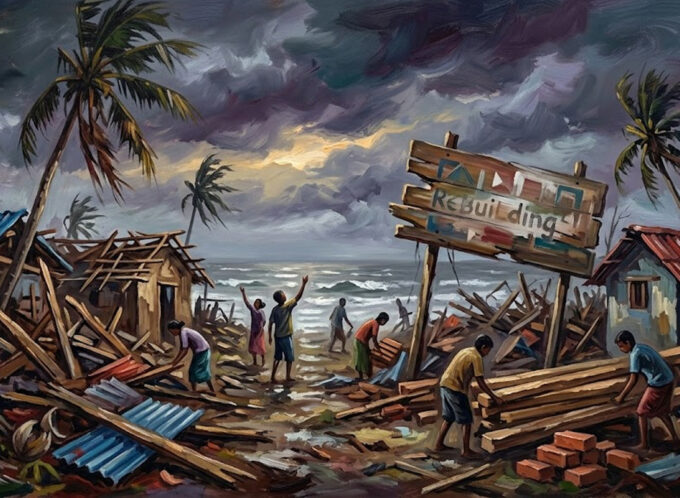
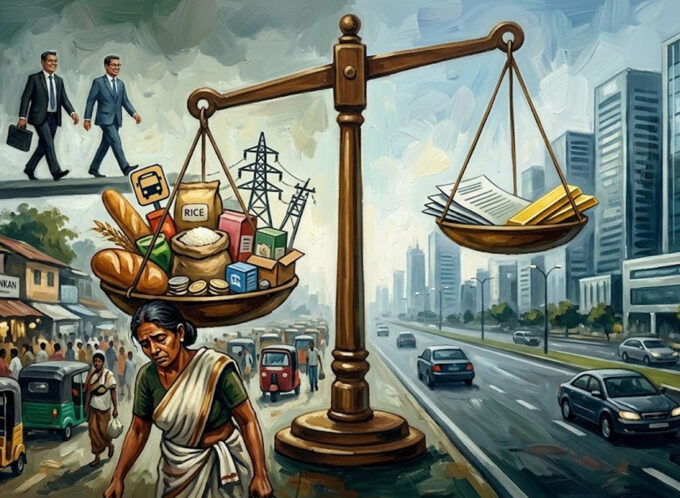
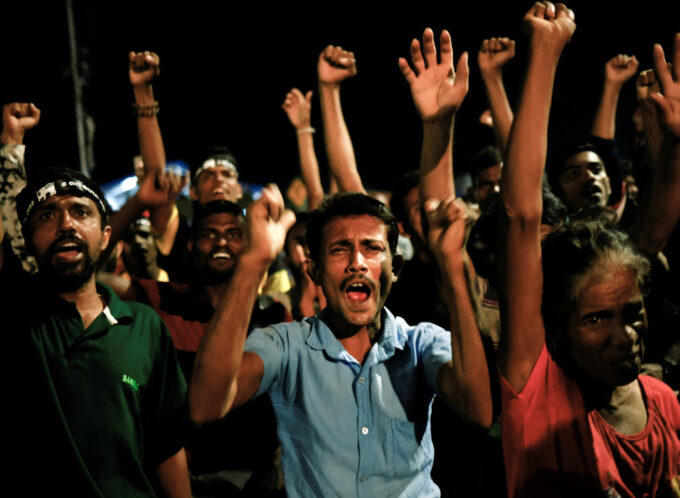


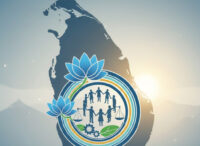
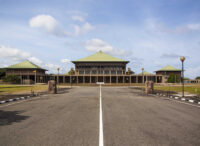
Leave a comment